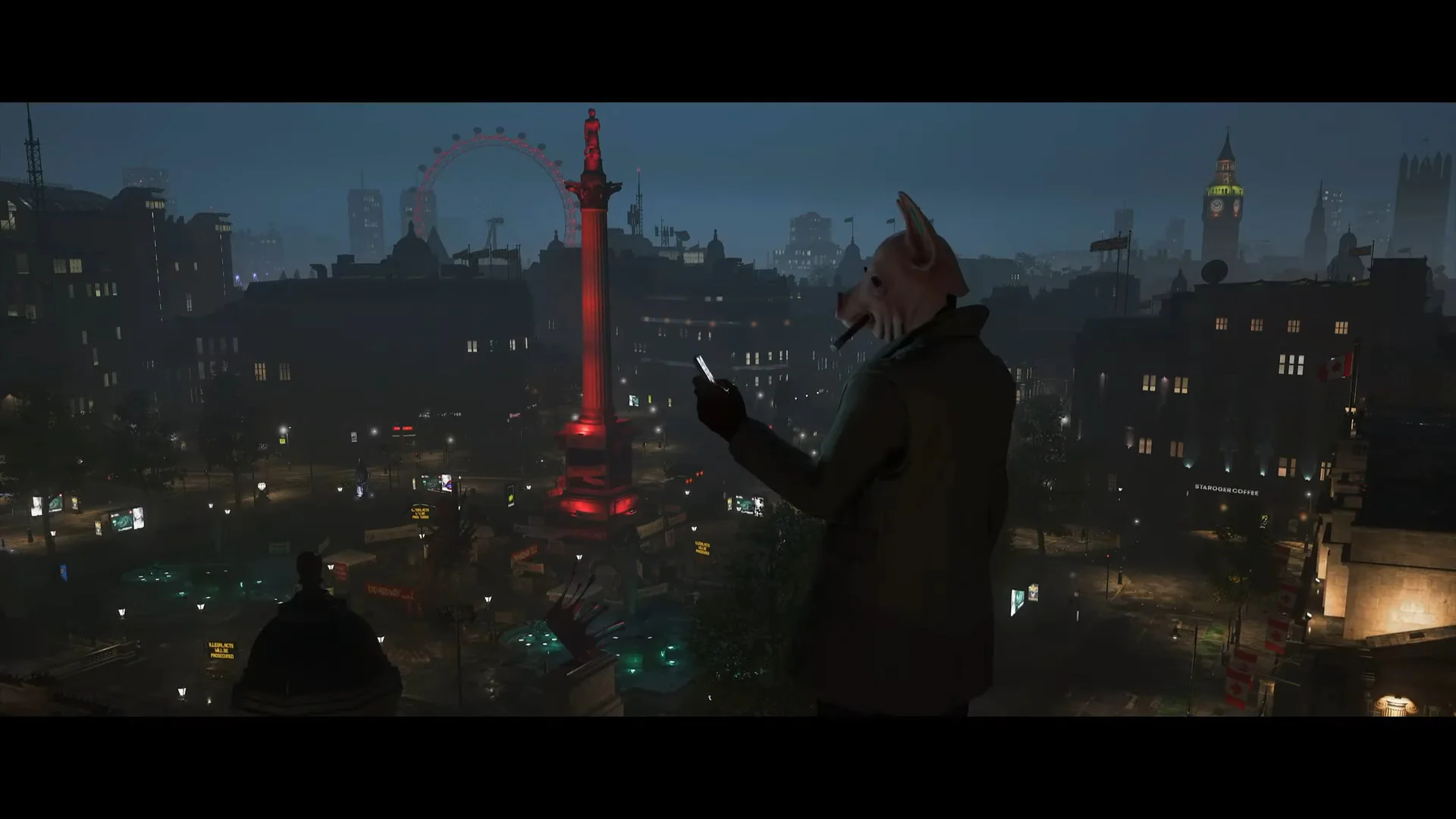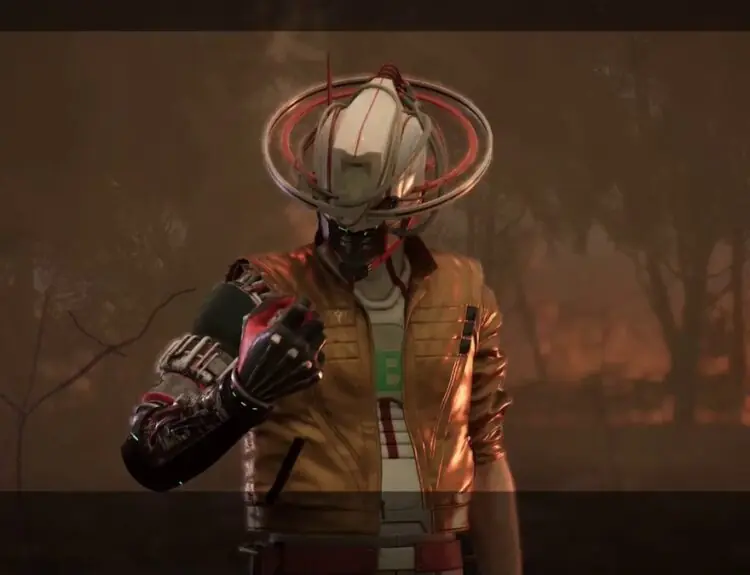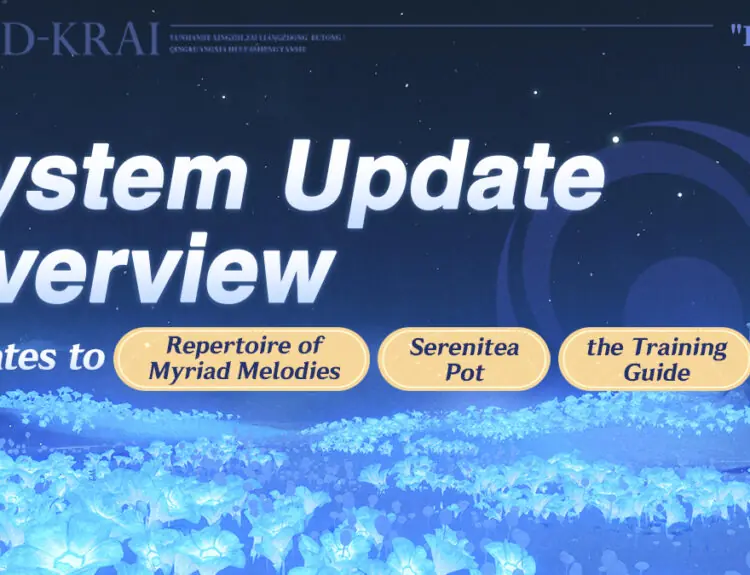Just in time for some additional spook at the spookiest time of the year (aside from Christmas when the in-laws show up) comes Ubisoft‘s next iteration of Watch Dogs, an open-world title where players are tasked with using technology and hacking to surmount obstacles.
With it comes the classic slew of open-world measures that Ubisoft is, at this point, well-known for having; collectibles, sprawling maps, an arcing storyline that may or may not grip, and other standard accouterments that have become, some would argue, well worn.
Yet while Ubisoft has generally been accepting of maintaining standard tropes within open-world games, they are readily pushing a new facet of single-player titles farther than most other developers: the bad news is that the facet consistently is microtransactions within single-player games.
We saw this rearing its head in Middle-earth: Shadow of War where players were encouraged to purchase various pieces to help propel them through the campaign and saw it taken to egregious new levels in Assassin’s Creed Odyssey.
Odyssey was arguably the worst presented microtransactions ever, where players would suddenly reach a massive XP wall that they had to surmount in order to continue the main story; or, of course, you could pay to gain the levels and continue the story.
Advocates for Odyssey will readily state that, if you complete the vast majority of side-quests that you stumble upon, the progression block isn’t nearly as tedious as if you simply cavort across ancient Greece and doing whatever you desire, but the side-quests are notably lacking in terms of any form of storytelling; you typically take an unseen item from one individual to another with canned dialogue that offers light yet grateful platitudes.
So there’s already a massive history, and every time that users speak out about the poor user experience nothing changes aside from the now-defacto arguments of offering players ‘a sense of pride and accomplishment’. That it has been included in Watch Dogs: Legion is simultaneously disappointing and expected.
Watch Dogs: Legion is available now! Take to the streets of London to recruit and play as anyone. Welcome to the resistance. #WatchDogsLegion
— Watch Dogs: Legion (@watchdogsgame) October 29, 2020
Of course, you can’t outright purchase things either; you need to purchase special coins (roughly $1 for 100 credits) that come in values that don’t match things available for purchase: you can purchase 1100 Watch Dog Credits for $10, or 2,000 for $20 on top of a $60 title. The bundles offered, however, are currently sold for 1,500 credits each.
These are cosmetics, but don’t expect too much customization for your Legion without dropping some hefty dough. It’s worth noting that you can play through the entirety of the game without ever paying heed to the microtransactions, but it’s similarly arguable that many customization options are neutered to encourage investing in the microtransaction store.
The second punch in the combo regards how Watch Dogs: Legion runs on PCs; fans of the franchise that played (or attempted to) on PC should already understand to expect bizarre framerates that consistently drop, crashes to desktop, questionable graphical options (don’t use DLSS).
Many consumers were frankly shocked to find a modern title couldn’t run on the Nvidia Ampere series or overwhelmingly strong CPUs.
An Nvidia driver was pushed out that stabilized framerates slightly, although the overall play of the title is still reported to be extremely rough around the edges; frame drops still occur, crashes, and overly blurry graphics put the disappointing cherry on top.
It’s worth noting that if you can grit your teeth through the frame drops of the open-world segments, the mission segments of gameplay are relatively smooth sailing at the moment.
Neither Ubisoft nor the official Watch Dogs: Legion social media accounts have readily announced that they are tracking the myriad of performance issues within the title for PC users, at the time of publication.
It is strongly recommended to wait a few weeks, or even months, before opting into the experience: it’s worth noting that Watch Dogs 2, released on November 15, 2016, still has reports of struggling on modern high-end PCs.







